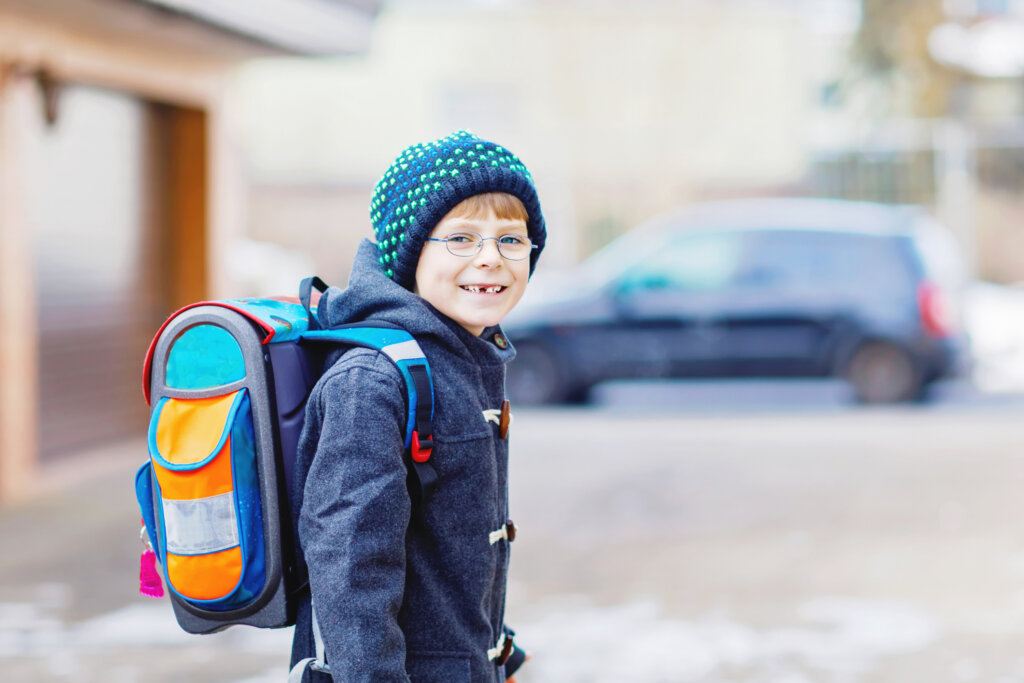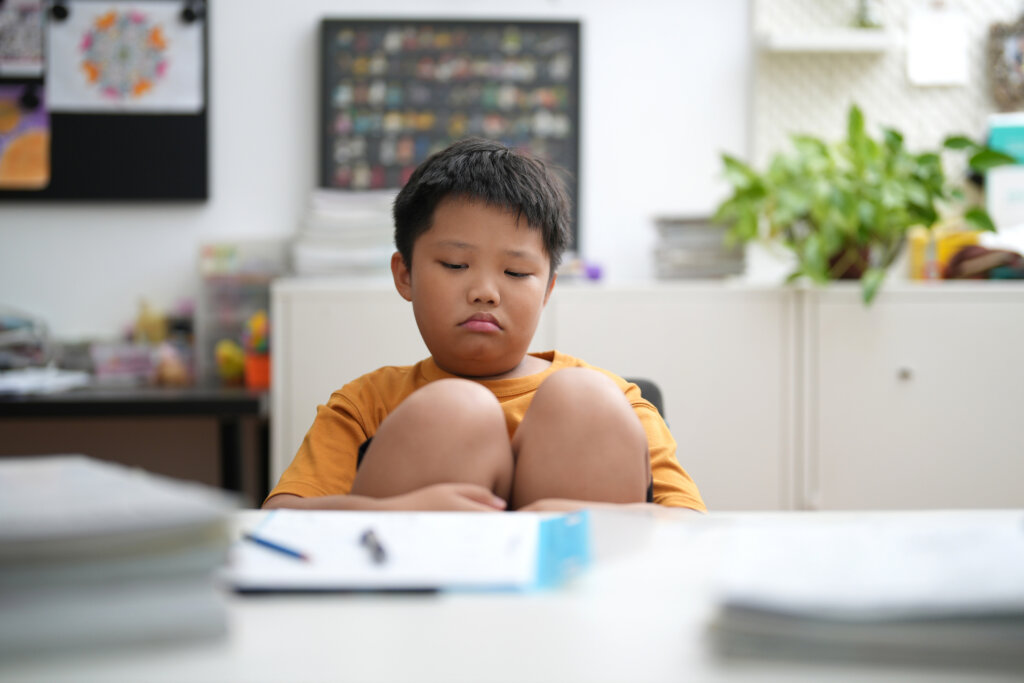Science fairs submissions are usually fairly predictable… there’s hot air balloons, and growing mold on bread, the solar system, waves, generating electricity from a potato, wind energy, magnets, and of course, the ever-popular exploding volcano.
But one high school student has set the bar for all future science fair submissions. For his tenth-grade science fair 16-year old Daniel Burd did more than describe the science behind a common scientific problem—what to do with all the plastic bags—he searched for a real-life solution.
And so began Daniel’s award-winning science fair project. He began with what he already knew—that microorganisms are involved in the breakdown of plastic—and then set about isolating, identifying, and measuring those microorganisms.
He measured, counted and retested for about three months until he was able to prove his theories successfully, and identify a real-world application for his discoveries. And then it was off to the Canada-wide Science Fair in Ottawa to win the top prize.
Burd may seem to be a gifted or exceptionally talented student—and certainly he stands out when compared to other 10th graders and their more predictable science fair submissions.
But the one thing that truly make’s Burd’s Plastic Not Fantastic project so outstanding is not the fact that he could isolate microbes, run control groups, and accurately follow the scientific method. It’s not even that he attempted to find a solution to one of the biggest ecological problems of our time.
What makes Daniel Burd stand out from the crowd is his active mind and the fact that he was able to make connections from what he learned in school to home life to environmental issues. The ability to transfer skills, understand interconnectivity, and look for solutions to everyday problems—these skills represent educational ideals at their best.
It’s these skills that make Daniel Burd a winner in our books.
Navigate high school like a pro—check out the full guide here.




